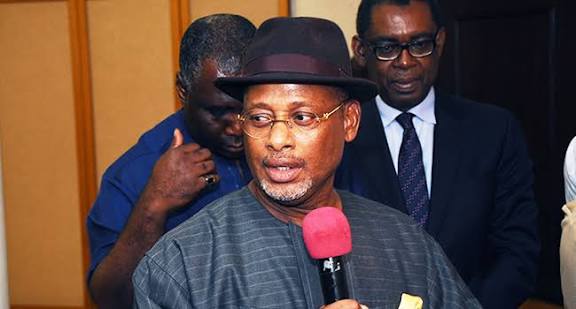Former Governor of Rivers State, Celestine Omehia, has called for major electoral reforms in Nigeria, including the election of the Chairman of the Independent National Electoral Commission (INEC) instead of the current practice where the president appoints the commission’s head.
Omehia made this recommendation in his recently published book titled “Restructuring Nigeria: The Way Forward.” He argued that for INEC to be truly independent and credible, its leadership must be chosen through a democratic process, free from executive control.
“In my book, I suggested that instead of an appointment, there must be an election to determine who becomes the INEC national chairman,” Omehia stated.
He further proposed that other national commissioners of INEC should also be elected, but at the provincial or zonal level, to allow for fair representation and reduce the influence of the central government on the electoral body.
“There must be an election at the provincial level to bring in national commissioners of INEC,” he added.
Beyond leadership selection, Omehia stressed the importance of financial autonomy for INEC. He noted that unless the commission is financially independent, it will continue to depend on the executive for funding, which can compromise its neutrality during elections.
According to him, financial independence should be guaranteed through constitutional provisions that shield INEC from political interference.
“This is necessary if we want to strengthen our democracy. INEC must not be at the mercy of the executive,” Omehia said.
He acknowledged that some of his suggestions may seem unconventional, but insisted they are necessary steps toward deepening Nigeria’s democratic process and giving more power to sub-national governments.
The Independent National Electoral Commission (INEC) is responsible for conducting elections in Nigeria, including presidential, gubernatorial, National Assembly, and state-level elections. Under the 1999 Constitution, the President appoints the INEC Chairman, subject to Senate confirmation.
However, critics have long argued that this arrangement gives too much influence to the executive arm and undermines the credibility of elections, especially when the ruling party is involved.
Calls for electoral reforms have grown louder in recent years, especially following controversies in past elections. Observers and civil society groups have consistently called for a more independent INEC structure that cannot be influenced by sitting presidents or governors.
Omehia’s suggestions join a growing list of reform proposals aimed at restructuring Nigeria’s political and electoral systems to promote fairness, transparency, and accountability.
Omehia’s stance is likely to spark further debate among political stakeholders, civil society organisations, and constitutional lawyers. While some may see his ideas as radical, others argue they are timely and necessary, given the credibility challenges facing Nigeria’s electoral system.

